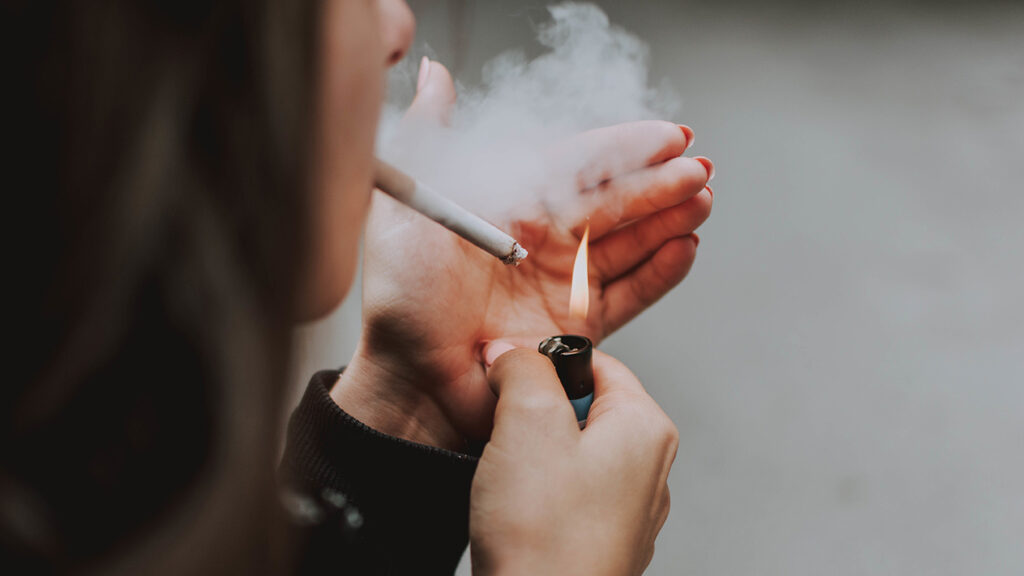Adolescents reduced the consumption of alcohol, cannabis, and tobacco during the lockdown. This is one of the conclusions of a study carried out within the framework of the DESKcohort project, in which 303 people between 14 and 18 years old participated. They were students from high school and upper-level training cycles from central Catalonia. In addition, to confirm this general reduction in the consumption of these substances, the work, which has been published in the International Journal of Environmental Research and Public Health, concludes that differences are depending on the studies carried out. So that, the students of upper-level training courses were more prone to risky consumption of alcohol and cannabis and to smoking daily compared to students in the fourth year of ESO or second year of Baccalaureate.
The reduction in risky consumption of substances has been generalized, especially among students in the fourth year of ESO. In contrast, people studying intermediate-level training cycles, with parents with primary education, and from the Anoia region increased their daily tobacco consumption during confinement.
The work aimed to analyze how the consumption of alcohol, cannabis, and tobacco had changed among this youth population during confinement by comparing the data previously collected in the framework of the DESKcohort project. At the same time, it was analyzing the individual and social factors that influence consumption patterns.
The researchers explain that this situation has been produced by “the modification of the patterns due to the confinement that affected and changed the social life of the adolescent group, who spent more time at home, under parental control, and had fewer opportunities acquisition of substances”.
In the study participates the Bellvitge Biomedical Research Institute (IDIBELL), the Catalan Institute of Oncology (ICO), the Department of Epidemiology and Methodology of Social Sciences and Health of the Faculty of Health Sciences of Manresa of the UVic, the UOC, the Subdirectorate General for Drug Addiction of the Public Health Agency of Catalonia, the Center for Epidemiological Studies on Sexually Transmitted Infections and AIDS of Catalonia and the Center for Biomedical Research in the Epidemiology and Public Health Network, Faculty of Medicine and Health Sciences of the University of Barcelona and CIBER de Malalties Respiratòries (CIBERES).
Piece adapted from U Manresa: link
The Bellvitge Biomedical Research Institute (IDIBELL) is a biomedical research center created in 2004. It is participated by the Bellvitge University Hospital and the Viladecans Hospital of the Catalan Institute of Health, the Catalan Institute of Oncology, the University of Barcelona and the City Council of L’Hospitalet de Llobregat.
IDIBELL is a member of the Campus of International Excellence of the University of Barcelona HUBc and is part of the CERCA institution of the Generalitat de Catalunya. In 2009 it became one of the first five Spanish research centers accredited as a health research institute by the Carlos III Health Institute. In addition, it is part of the “HR Excellence in Research” program of the European Union and is a member of EATRIS and REGIC. Since 2018, IDIBELL has been an Accredited Center of the AECC Scientific Foundation (FCAECC).

